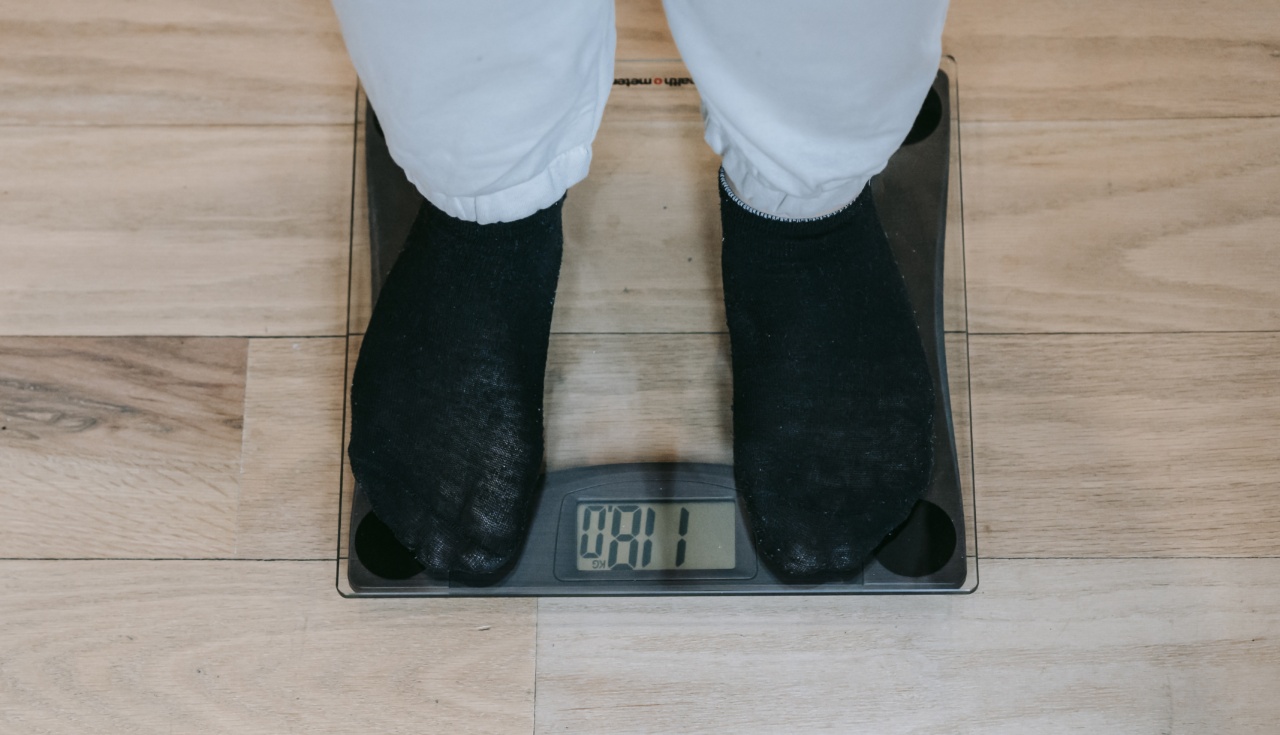When it comes to maintaining a healthy lifestyle, one of the key factors that cannot be overlooked is a balanced daily calorie intake.
The number of calories you consume on a daily basis plays a crucial role in ensuring overall well-being and achieving weight goals. However, simply focusing on the number of calories consumed is not enough; the quality and composition of these calories are equally important.
In this article, we will delve into the significance of consuming a balanced daily calorie intake and the benefits it can have on your health.
Understanding Calories
Before we explore the importance of a balanced calorie intake, it’s essential to have a clear understanding of what calories are. Calories are units of energy that provide fuel for the body to perform its functions.
The calories we consume come from the foods and beverages we consume throughout the day. These calories are then used by our bodies to carry out physical activities, support organ functions, and perform various metabolic processes.
The Role of a Balanced Calorie Intake
Achieving a balanced daily calorie intake involves consuming the right amount of calories to meet your body’s energy needs while maintaining a healthy weight.
It is crucial to strike a balance between the calories consumed and the calories expended through physical activity. This balance ensures that your body receives sufficient energy to function optimally without leading to weight gain or weight loss.
Weight Management
Maintaining a balanced daily calorie intake is essential for weight management. When you consistently consume more calories than your body needs, you are likely to gain weight over time.
On the other hand, consistently consuming fewer calories than your body requires may lead to weight loss. By striking a balance between the two, you can maintain a healthy weight and prevent the onset of obesity or other weight-related issues.
Energy Levels and Performance
Consuming a balanced daily calorie intake also ensures that your body has sufficient energy to carry out daily activities and perform at its best.
When you consume an adequate amount of calories, your body’s energy levels remain stable, allowing you to feel energized throughout the day. This, in turn, improves your overall performance and productivity, whether it is at work, school, or during physical activities.
Essential Nutrient Intake
Meeting your daily calorie needs by consuming a balanced diet also promotes the intake of essential nutrients.
A balanced meal plan usually includes a variety of foods from different food groups, ensuring that you receive a wide range of vitamins, minerals, and micronutrients necessary for optimal health. By focusing on a balanced calorie intake, you are more likely to consume a diverse range of nutrient-rich foods, supporting your overall well-being.
Maintaining Blood Sugar Levels
Consuming a balanced daily calorie intake is crucial for maintaining stable blood sugar levels. When you consume excessive calories or eat foods high in added sugars, your blood sugar levels can spike, leading to energy crashes and increased hunger.
On the other hand, consuming too few calories can cause blood sugar levels to plummet, leaving you feeling lethargic and irritable. A balanced calorie intake regulates your blood sugar levels, providing a steady and sustained release of energy throughout the day.
Preventing Nutritional Deficiencies
A balanced daily calorie intake helps prevent nutritional deficiencies, ensuring that your body receives all the essential vitamins and minerals it needs for optimal health.
When you consume an insufficient number of calories, you may not be meeting your body’s micronutrient requirements. This can lead to deficiencies in vital nutrients such as iron, calcium, vitamin D, magnesium, and others, which can have negative effects on your overall health and well-being.
Improved Digestive Health
A well-balanced calorie intake often includes plenty of fiber-rich foods, such as fruits, vegetables, whole grains, and legumes. These foods support digestive health and promote regular bowel movements.
Adequate fiber intake aids in maintaining a healthy gut microbiome and prevents issues like constipation, bloating, and gastrointestinal discomfort. By focusing on a balanced calorie intake, you are more likely to incorporate fiber-rich foods into your diet, supporting your digestive system.
Long-Term Health Benefits
Consuming a balanced daily calorie intake not only affects your immediate health but also has long-term benefits.
By maintaining a healthy weight and supplying your body with the necessary nutrients, you reduce the risk of developing chronic diseases such as type 2 diabetes, cardiovascular diseases, hypertension, and certain types of cancer. A balanced calorie intake, coupled with regular physical activity, can significantly contribute to your long-term health and well-being.
The Role of Physical Activity
While consuming a balanced daily calorie intake is crucial, it is essential to remember that physical activity is equally important.
Regular exercise helps burn excess calories, maintain muscle mass, improve cardiovascular health, and promote overall fitness. By combining a balanced calorie intake with an active lifestyle, you can achieve optimal results and enhance your overall quality of life.
Conclusion
Maintaining a balanced daily calorie intake is of utmost importance for overall health and well-being.
It enables weight management, provides adequate energy levels, supports essential nutrient intake, maintains stable blood sugar levels, prevents nutritional deficiencies, promotes digestive health, and offers long-term health benefits. Combining a balanced calorie intake with regular physical activity is the key to achieving optimal health, preventing chronic diseases, and enhancing your quality of life.































